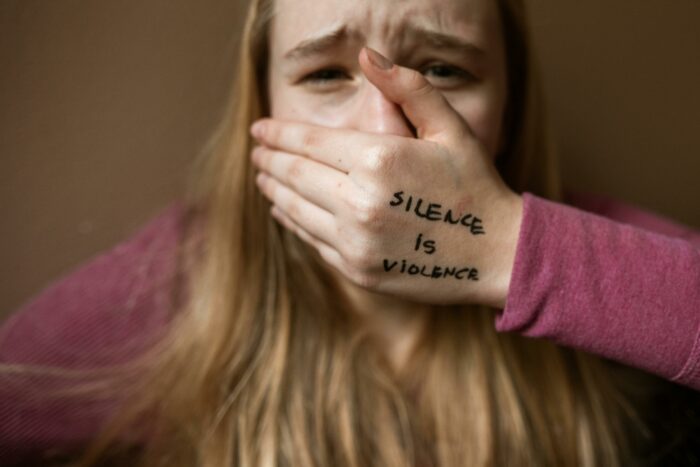Bob Hoffman, founder of the Hoffman Process, wrote the following poem on transference:
- Wherever I go,
- Whoever I see,
- I see Mummy and Daddy
- And they see me.
At first glance, it may sound trite and silly. But the deeper we investigate the subtleties of this poem, the more it gains depth. Our earliest interactions with our caregivers have a powerful impact in how we perceive and respond to the people in our lives, especially those we are most intimate with. If we experienced unconditional love from Mum and Dad, then we expect unconditional love from our partners. If we experienced constant criticism from them, then we’ll expect constant criticism. This causes strain in the relationship and drives us apart from one another.
Read on to find out what transference looks like in relationships, why it happens, and what you can do to break the pattern.
What is transference?
Transference refers to the projections of our internalised parental images that we place on other people in our life, especially in our intimate relationships. Freud considered it an important piece of psychotherapeutic work. As we perform to get our partner’s approval, it becomes more and more difficult to be ourselves around them. We also feel we have to supply them with acts of services (cooking dinners, supplying money, looking attractive to them) which causes additional stress. They become either an approving or rejecting authority instead of our equal.
Why does transference happen?
As children, we depend on our caregivers to fulfill our physical needs. We also require them to regulate their own emotional stress so that they can be present to our emotional needs. When we feel sad, we need our caregivers to acknowledge our sadness and support us. This helps us develop an ability to assert our vulnerability and be able to trust that others will respond to us with kindness.
But when our parents are not emotionally present, volatile, or abusive, we take the blame. If Mum and Dad are always fighting, we think it’s because of us. If our parents are angry at us or ambivalent with their love, we think we’re doing something wrong and do our best to reclaim their love. We adopt behavioural patterns to secure our parents’ love and attention and we take these patterns into adulthood and into our relationships. Transference happens when someone does or says something that reminds you of one of your parents, transporting you back into your past.
What are some tools we can use to get out of transference?
Letting go of the negative patterns we picked up in childhood and getting out of transference requires an honest analysis of our early childhood experiences. This isn’t about blaming our caregivers but becoming conscious of how they helped us form our self-perception and our perception of others.
During the Hoffman Process, participants trace patterns back to childhood and acknowledge the shame and ‘unlovability’attached to their early experiences. They are then offered a window into their parents’ childhoods so they can develop compassion for the children their parents once were. It is crucial that they recognize the lineage of suffering that has been passed on for generations in their family system because suffering is the great equaliser. All humans suffer, even our parents, but we tend to forget this along the way. And until we can develop this compassion, we will continue seeing our parents as our authority figures and looking for them in the people around us.
Can transference ever be positive?
Sometimes when we meet people we really like we can go into what is called positive transference. We idealise them to the point that they become superhuman beings. Or maybe they just become the mother or father we always wanted.
The problem with this idealisation is that it can make us feel worthless around them. And once again we end up in inequality. There is an inevitability that this idealisation will be destroyed eventually. This is what usually occurs when we first fall in love. We idealise our new object of affection until they fall from the throne of our projections and deep dive into a negative idealisation . First they are the ‘best’ and then they are the ‘worst.’
True love means accepting each other as imperfect humans. But this requires us to do our own inner work. We must be able to take responsibility for our own emotional needs when we are being triggered, accept our existential aloneness, and have the courage to uphold our own boundaries. As we become less identified with our immature emotional child, we can start to see interpersonal dysjunctions, not as the end of love, but as an opportunity to grow together.
Find out more about the Hoffman Process and explore event dates here, including the Hoffman Community Support Call and The Retreat.
This article was contributed by Erica Garza. Follow @ericadgarza on Instagram
References:
www.psychologytoday.com/us/blog/learning-play/201001/transference










